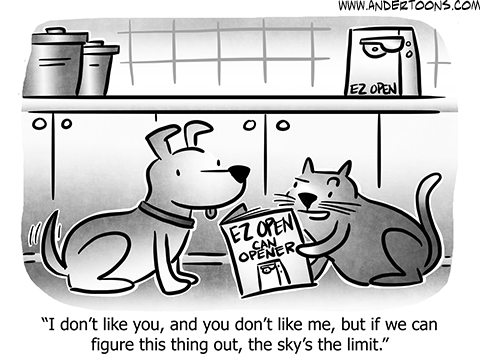Spring is officially upon us! With the warmer breezes and blooming buds of springtime come a few pet hazards to keep in mind—use these tips from a Dayton, TN veterinary professional to ensure your cat or dog’s safety this season and beyond:
Allergies
You aren’t the only one who can suffer from springtime allergies. Cats and dogs, too, can experience reactions to pollen! Other allergens, like dust, dirt, dander, and mold, can also affect pets. If your animal friend seems to be sneezing, sniffling, or coughing more than usual as warmer weather arrives, it’s worth a call to the vet’s office. Medications and a few precautionary measures can help your pet to feel better.
Escape
With warmer weather comes an increased temptation for your pet to dart outdoors and go exploring, especially if you leave doors or windows open to let comfortable breezes inside. Make sure your pet is wearing a microchip, ID tags on the collar, or both in tandem so that they stay properly identified at all times.
Pests
Of course, outdoor pests like fleas, ticks, and worms start to become a problem again as the weather warms. Have your pet wear a quality heartworm preventative and a flea-and-tick control medication; these simple measures will ward off most of the pesky critters that pose a threat to your four-legged friend. If your pet needs pest-control medicines, call your vet’s office.
Pesticide Products
Do you spray pesticides, herbicides, fungicides, or fertilizer on your lawn and garden? These substances can easily harm pets who come in contact with them, and they’re likely to cause serious episodes of poisoning! Keep pets indoors when spraying chemicals, and never let your pet chow down on recently treated grass or plants. Store pesticides and similar products safely where pets can’t reach them.
Plant Life
The products you spray on plants aren’t the only dangers to consider when it comes to outdoor vegetation. Various plants and flowers themselves—both indoor and outdoor varieties—can poison a pet! The list includes philodendron, rhododendron (also called azalea), ivy, oleander, elephant ear, dieffenbachia, tulips, lilies, daffodils, the sago palm, various types of aloe plants, and many more. Don’t let pets munch on any plants or flowers, and see the ASPCA’s website for a full list of toxic and non-toxic plants.
Does your pet need pest-control medications or identification measures? Schedule an appointment with your Dayton, TN veterinarian.



